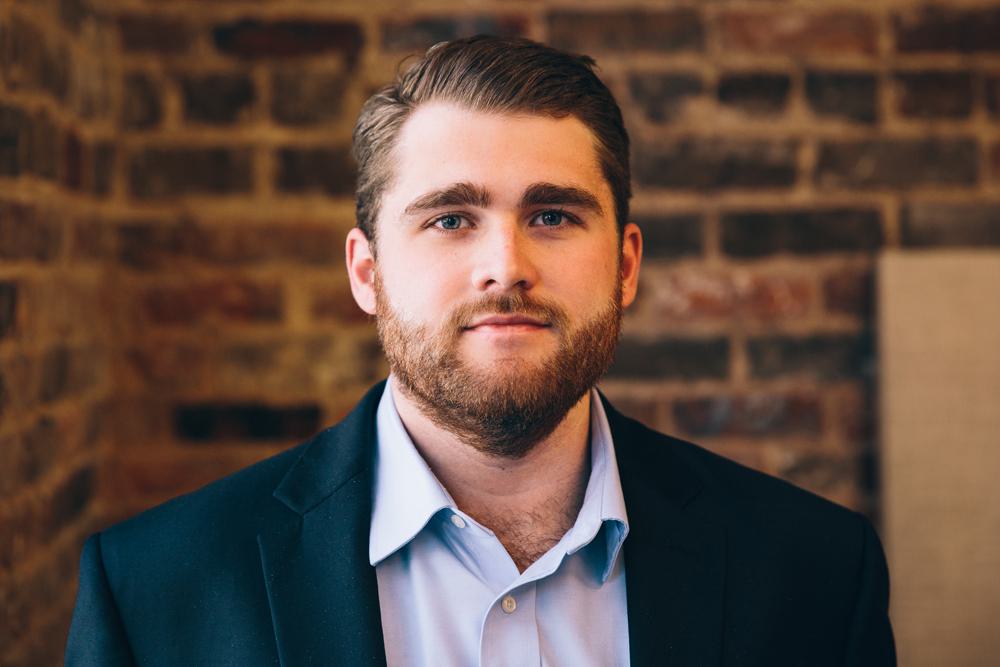There’s been a lot of talk about misinformation.
Democrats say Russians and extremists are spreading lies on the internet. Republicans accuse the corporate press of campaigning against political opponents and say social media companies are silencing conservatives.
The average Alabamian doesn’t know who to trust.
In April, the Department of Homeland Security (DHS) announced the creation of the Disinformation Governance Board (DGB), which was to be headed by Nina Jankowicz.
Then the DHS announced that it will be putting the DGB on pause, following fierce backlash from critics about the nature of the board and Jankowicz’s motivations.
Would the DGB have been an effective safeguard against false information and dishonesty? If not, how would we know who to believe?
Obviously, the truth is good. We should all pursue the truth relentlessly, especially Christians. In his First Epistle to the Thessalonians, the Apostle Paul said to “test everything” and “hold fast what is good.”
We have to be wary of deliberate lies and unintentional misunderstandings, which seem to be prevalent everywhere we turn.
Those “misunderstandings” are everywhere, rolling off the tongues of even our most admired public figures. In fact, I’d say that if disinformation is most rampant anywhere, it’s in our own federal government!
After all, the U.S. federal government has never been particularly interested in the truth. Historically, it seemed to be afraid of it.
In 1798, President John Adams used the Alien and Sedition Acts to arrest multiple prominent figures including U.S. Rep. Matthew Lyon and the editor of the Philadelphia Aurora, Benjamin Franklin Bache, grandson of the founding father, for being critical of his administration.
Later that century, staff members of President Abraham Lincoln used pseudonyms and anonymously contributed to newspapers to boost his reputation, acting as unbiased reporters. Lincoln and his generals also seized newspaper property and imprisoned journalists including Frank Key Howard, the grandson of “Star-Spangled Banner'' author Francis Scott Key and editor of a Baltimore newspaper.
Howard was held without a warrant after he criticized the president in an editorial for his suspension of habeas corpus and imprisonment without charge of the Baltimore mayor, police commissioners and city council, as well as sitting U.S. Congressman Henry May.
President Woodrow Wilson created the Committee on Public Information (CPI), which distributed propaganda and was aimed at manipulating press coverage. Edward Bernays, the nephew of psychoanalyst Sigmund Freud, was one of the CPI’s youngest recruits.
Bernays was an advocate of using his uncle’s research to influence the masses without them being aware. In his 1928 book, “Propaganda,” Bernays wrote:
“The conscious and intelligent manipulation of the organized habits and opinions of the masses is an important element in democratic society. Those who manipulate this unseen mechanism of society constitute an invisible government which is the true ruling power of our country… It is they who pull the wires that control the public mind.”
Most of you are probably well aware of many instances of political dishonesty in the latter half of the 20th century: Watergate, Iran Contra, Bill Clinton's famous “I did not have sexual relations with that woman,” and so on.
In the past 22 years, we've been lied to about weapons of mass destruction in Iraq and the extent of the surveillance efforts of the National Security Agency (NSA). We still never seem to be able to receive clear answers to questions surrounding controversies like the National Institutes of Health (NIH) funding of “gain of function research” in China or Hunter Biden’s laptop.
It seems like “official” responses are always changing, and those asking questions are always being blamed for the problems themselves.
If this is not enough to convince you that the government cannot and should not be considered the arbiter of truth, I don’t know what is.
Not only is government an institution made up of fallible human beings, just like the rest of us, but it has a considerably horrible track record of dishonesty. This is why we’re supposed to have things like freedom of speech and freedom of the press: to protect us from misinformation… misinformation from the government.
I have serious doubts that the DGB was designed to do the same.
None of this is to say that you should go throw your trust at the next person claiming to give you an alternative explanation about what’s going on. In fact, it might require accepting that we’ll never really know some things for certain and learning to live with that fact.
Socrates famously said that “the only true wisdom is in knowing you know nothing.” As a stubborn young man myself (who feels himself worthy enough to share his opinion with you online), I have to remind myself of this often.
The Christian view, regardless of whether you believe human beings are totally or partially depraved, is that human beings are fallible. Even if we have good intentions, we are still susceptible to accidentally paving the road to hell.
Unless politicians are perfectly omnipotent and pure of heart, it follows logically that they shouldn’t be trusted more than the average person. With their track record of outright lies and attempts to cover up the truth, perhaps an extra level of scrutiny is warranted.
At the end of the day, the only thing protecting us from misinformation is critical thinking. Not a disinformation board, your college professor or some random post you’re reading on the internet (this one included). We all have to learn to think for ourselves.
Tomorrow: The guardian against misinformation is critical thinking, not the federal government, Part II
Will Blakely is a reporter for 1819 News. You can contact him at Will.Blakely@1819News.com The views and opinions expressed here are those of the author and do not necessarily reflect the policy or position of 1819 News. To comment, please send an email with your name and contact information to Commentary@1819News.com.










